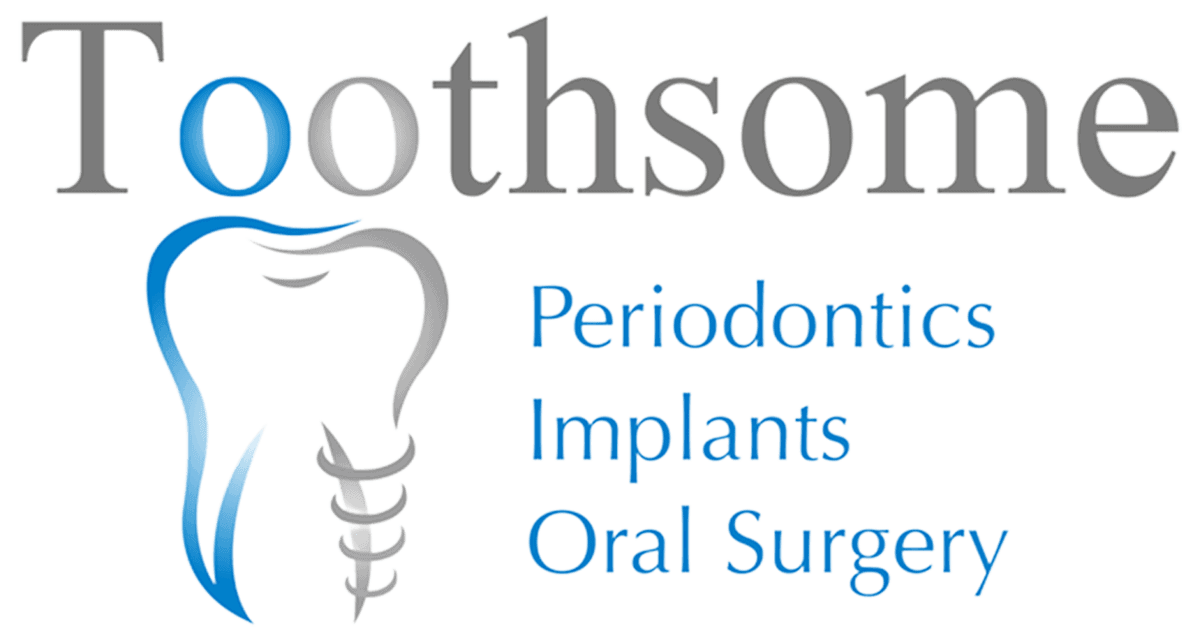
Gum disease, or periodontal disease, is a serious condition that affects the health of your gums and teeth. If left untreated, it can cause tooth loss, receding gums, and an increased risk of developing other diseases like heart attack and stroke. But what causes gum disease in the first place? Let’s find out!
What Is Gum Disease?
Gum disease is a common and serious problem that affects many people, particularly those who do not practise good oral hygiene. It is caused by the accumulation of plaque, a sticky substance that forms on teeth and gums and contains harmful bacteria. Left untreated, gum disease can cause various problems, such as painful, swollen gums and loose or lost teeth. Fortunately, it is possible to protect yourself from gum disease with an effective dental care routine, including brushing twice a day, flossing regularly, regular visits to the dentist and rinsing with mouthwash. Taking measures now to prevent gum disease can help ensure improved oral health for years to come.
What Causes Gum Disease?
1. Poor Oral Hygiene Practices
Poor oral hygiene practices include not flossing every day or brushing your teeth twice a day. When plaque accumulates on the teeth, it can cause inflammation of the gums, which leads to infection and, eventually, gum disease.
2. Tobacco Use
Using tobacco products, such as cigarettes and chewing tobacco, increases your risk of developing gum disease because it reduces blood flow to the gums, which makes them more susceptible to infection. It also increases your risk of developing oral cancer, which can cause further damage to the gums and teeth if left untreated.
3. Stress
Stress has been linked to an increased risk of developing gum disease due to its effect on the body’s immune system. When you are under high levels of stress, your body becomes less able to fight off bacteria in your mouth, which can cause infection and, eventually, periodontal disease.
4. Hormonal Changes
Hormonal changes such as pregnancy or menopause can have an effect on your oral health by increasing sensitivity in the gums, making them more susceptible to infection from bacteria in your mouth or from plaque buildup on the teeth if not properly cared for with good oral hygiene practices like brushing and flossing regularly. It is important for women who experience hormonal changes to pay extra attention to their dental care routine during these times so that they do not develop any issues with their gums or teeth due to the fluctuations in hormones in their bodies.

5. Genetics
Some people are predisposed to developing periodontal diseases due to their genetics. This means that even those with good oral hygiene habits may still be at higher risk than others without any family history of the condition due to genetic factors out of their control. For example, some individuals may have weaker enamel than others, making it easier for bacteria and plaque buildup on their teeth, resulting in a higher chance of developing gum disease despite regular brushing and flossing habits compared with those who don’t have this underlying genetic susceptibility. Moreover, plaque can also lead to tooth decay.
What Are the Symptoms of Gum Disease?
The most common symptom of periodontal disease is red, swollen or bleeding gums. This is a sign that there is a gum infection, which can lead to further damage if not treated quickly. Additionally, bad breath that won’t go away may be another sign of gum disease. If you have been brushing and flossing regularly but still have bad breath, it could be a signal that something more serious is going on in your mouth.
Another common symptom of gum disease is receding gum tissue, which means that the tissue around the base of the teeth has pulled away from the teeth. Receding gums can cause sensitive teeth as well as pain when eating or drinking cold foods or beverages. Additionally, loose teeth are another symptom of gum disease; this happens when the supporting ligaments and bones around the teeth become weakened by infection.
Finally, pus between the teeth and gums is another telltale sign of gum disease. This usually indicates an abscess in the mouth due to infection caused by plaque buildup along the gum line. It’s vital to keep an eye out for these types of symptoms so that you can get treatment right away if necessary.
How to Treat Gum Disease?
The type of treatment you need depends on how severe your gum disease is. The three most common types of treatments are scaling and root planing, antibiotics and surgery.
Scaling and Root Planing (SRP)
SRP is a deep cleaning procedure that eliminates tartar and plaque from below the gum line using special instruments. This helps reduce inflammation and allows the gums to heal properly. SRP may need to be repeated if the gum disease returns or if it doesn’t respond to treatment initially.
Antibiotics
Antibiotics are used to help clear up any infection in the mouth caused by bacteria present in plaque or tartar buildup on the teeth and gums. They come in several forms, such as topical ointment, gel or pill form, which can be prescribed by your dental hygienist depending on what type of infection is present.
Surgery
Surgery is usually recommended when other treatments have not been successful in treating the gum disease or if it has progressed too far for them to be effective.

Surgery may involve grafting healthy tissue onto affected areas or even removing damaged portions of teeth or gums altogether.
It is important to note that surgery should only be undertaken as a last resort after all other options have been exhausted, as it can cause permanent damage to teeth and gums if done incorrectly.
How to Prevent Gum Disease?
Brush Twice Daily For Two Minutes Every Time
Brushing twice daily for two minutes every time is the best way to keep your teeth and gums healthy. Brushing helps remove plaque and bacteria from your teeth which can cause gum disease if left unchecked. It’s also important to use the right kind of toothbrush and toothpaste – look for soft-bristled brushes and fluoride toothpaste that are gentle on your teeth but still effective in removing plaque. Make sure to replace toothbrushes every 3-4 months, as they wear out over time.
Floss Every Day
Flossing daily will help remove food particles stuck between your teeth that a brush can’t reach. Flossing is essential for preventing gum disease as it helps get rid of plaque buildup before it hardens into tartar, which requires professional cleaning from a dentist or hygienist to remove. When flossing, go slowly and use short strokes along the side of each tooth – be gentle but firm so that you don’t damage your gums in the process!
Maintaining Healthy Habits Can Help Prevent Gum Disease
Good nutrition is key in preventing gum disease, as certain foods can promote healthy gums while others can cause inflammation and irritation. Foods like fruits, vegetables, lean proteins, nuts, whole grains, low-fat dairy products, etc., are all good for maintaining healthy gums. Avoid sugary snacks as much as possible – sugar feeds bacteria in your mouth, which can lead to gum problems such as cavities or periodontal diseases like gingivitis or periodontitis (more advanced forms of gum diseases). Lastly, don’t forget to visit your dentist regularly for checkups and cleanings; this will help ensure any potential issues with your gums or teeth are caught early on before they become bigger problems later down the road!
Let Toothsome Help You Eliminate Gum Disease and Regain a Healthy and Beautiful Smile!
If you’re looking for the best treatment for severe gum disease, Toothsome Implants Chatswood is a great choice. Our team of expert dentists provide comprehensive and personalised care for our patients to restore their smiles. We use state-of-the-art equipment to diagnose and identify any dental problems in order to develop personalised plans of treatment tailored specifically to each patient. Our compassionate staff strives to make sure that every visit is comfortable, ensuring your peace of mind while receiving the highest quality of care. No matter the severity or complexity of your gum disease, our specialised services can help you get back on the path to optimal oral health. Schedule your appointment today, and let us help you achieve a brighter smile and fresher breath!
- Sydney CBD on (02) 9159 3728
- Baulkham Hills on (02) 9158 6637
- Chatswood on (02) 8203 8786
Note: Any surgical or invasive procedure carries risks. Before proceeding, you should seek a second opinion from an appropriately qualified health practitioner.



